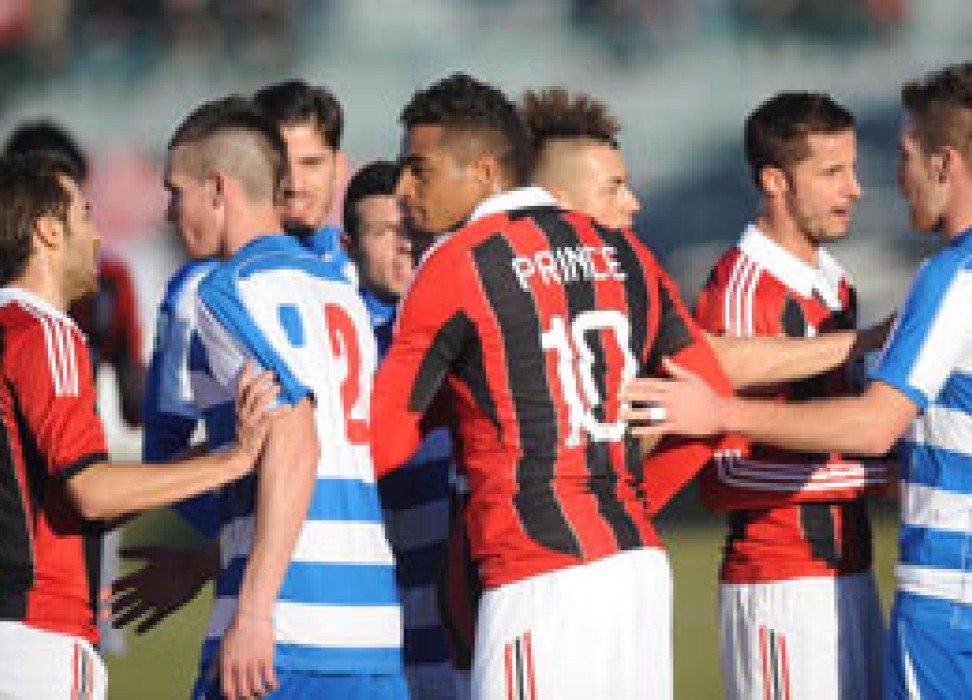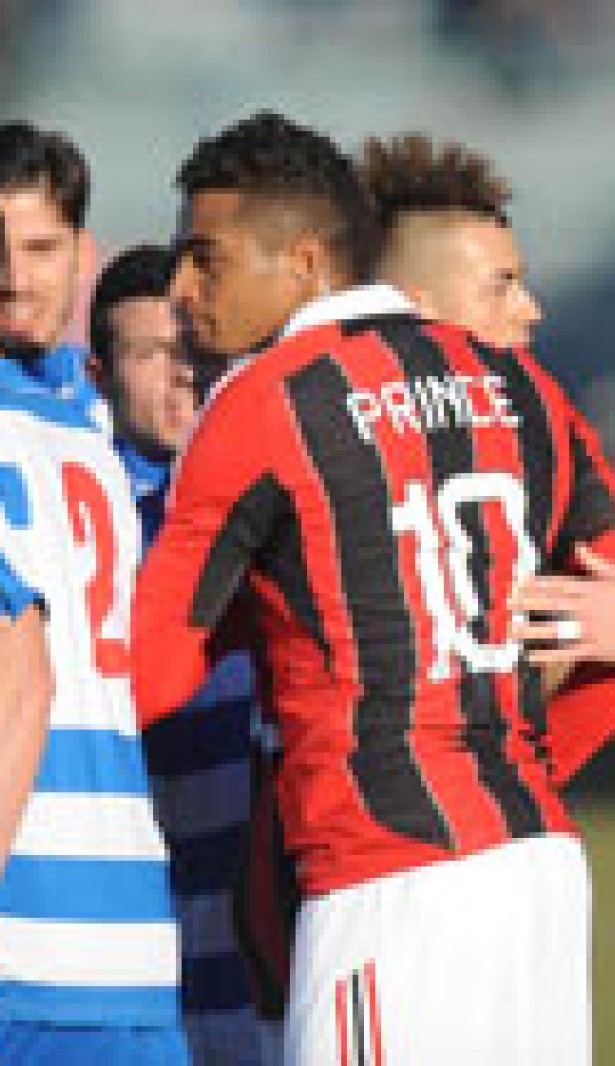Society at large should combat racism, say sports professionals
05 November 2013

Football legend and current president of the Union of European Football Associations (UEFA), Michel Platini, said that “football is the most popular sport in the world and it mirrors the society where it thrives, its values, but unfortunately also its prejudice, fears and mistrust.”
Platini was speaking in Geneva at a panel discussion on racism and sport organised by the UN Human Rights Office during the 11th session of the Intergovernmental Working Group on the Durban Declaration and Programme of Action.
The Durban Programme of Action (DDPA) adopted at the 2001 UN World Conference against Racism, Racial Discrimination, Xenophobia and Related Intolerance in South Africa, “urges States, in cooperation with intergovernmental organizations, the International Olympic Committee and international and regional sports federations, to intensify the fight against racism in sport by, among other things, educating the youth of the world through sport practised without discrimination of any kind and in the Olympic spirit, which requires human understanding, tolerance, fair play and solidarity”.
The day of the panel, the UN Human Rights Chief, Navi Pillay, reminded participants in the Working Group’s session that her office created an anti-discrimination database, as recommended by the DDPA. The database contains some 1500 documents from more than 90 countries sharing their experiences on how they addressed racial discrimination. It provides advice, best practices and legal precedent on tacking the scourge.
Platini noted that football’s popularity also created more responsibility and it should therefore promote values that are conducive to making society more tolerant towards diversity. “The people who govern our sport should also protect every player from all forms of discrimination in what is considered their workplace. And this only because he or she deserves respect,” Platini said.
Racism in European football has been the focus of much attention for the past decade. In January 2013, former AC Milan player, Kevin Prince Boateng, led his team mates off the pitch to protest against racist chants during a friendly match with Pro Patria football club in Italy. This was one of the many incidents that led UEFA to reinforce its governing statutes to apply a “zero tolerance” policy towards all forms of discrimination in the sport.
The vice-president of the Federation of International Football Associations (FIFA) and Chairman of the FIFA Task Force against Racism and Discrimination, Jeffrey Webb, in a video statement echoed what seemed to be a consensus among panel members.
“Instilling the basic social principles of respect still plays an active challenge as an unfortunate reflection of our society within our games. As the most popular sport FIFA has the duty of bringing awareness and education to society,” he said.
Speaking from his 18 years’ experience as manager of the Werder Bremen football club in Germany, Wilfried Lemke, now UN Secretary General’s Special Advisor on Sport for Development and Peace, said thatgovernments should be involved in the fight against racism on, but more so off the football pitch.
“Racism is not a problem of football but of society. It’s a question for all of us working for government: what can we do? Football federations have done a lot. Let us check what governments are concretely doing,” he said
Tokyo Sexwale, member of the FIFA task force against racism and discrimination and one of the founders of the Nelson Mandela Foundation, described racism as the “silent killer”. Sexwale noted that, at its last congress in May 2013, FIFA had taken the lead to implement some of the provisions of the Durban Declaration and Progamme of Action. Some of his proposals to FIFA included the adoption of national codes of conduct against racism, and a global barometer to monitor sportspeople’ misconduct.
For Osasu Obayiuwana, Associate Editor at the New African Magazine and also member of the FIFA task force, victims should play a leading role in tackling racism. He said that racist acts should also be more severely sanctioned.
Obayiuwana noted that racism existed before Kevin Prince Boateng’s protest. “If perpetrators remain safe outside the football field, the world of football will continue to fight a problem it did not incept,” he cautioned.
5 November 2013

